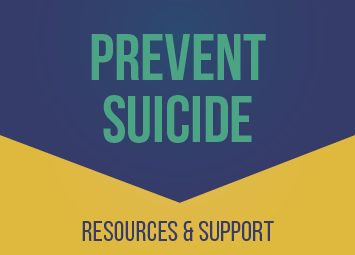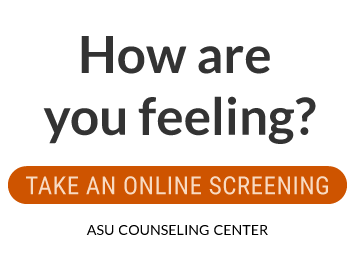Panic attacks are sudden-onset, discrete periods of intense anxiety or fear that may or may not have an easily-identifiable trigger. Symptoms can vary from person to person, but may include racing heartbeat, sweating, trembling or shaking, chest pain/discomfort, lightheadedness, nausea, and sensations of choking or shortness of breath. An individual having a panic attack might fear that they are having a heart attack, losing control, or dying. These symptoms occur suddenly, and will gradually diminish within thirty minutes.
While panic attacks may feel unexpected or random, a panic attack represents the body’s evolutionary response to situations that are perceived as dangerous or deadly. Our body is hardwired with this fight or flight mechanism that releases hormones into the body, especially adrenaline, that will allow us to run away or fight in a dangerous situation. This becomes problematic as it is not possible to fight or run away from many stressors in our life, but our body still prepares itself to respond.
Signs of a Panic Attack:
- A discrete period of intense fear or discomfort that occurs suddenly and peaks within 10 minutes
- Symptoms vary from person to person, but may include:
- Racing heart, trembling/shaking, and sensations of difficulty catching one’s breath
- Chest pain/discomfort, or nausea
- Feeling dizzy, lightheaded or faint
- Fear of losing control, “going crazy” or dying
- Numbing or tingling sensations
- Feeling of being outside of one’s body
Things You Can Do:
- Keep a journal to write down your negative thoughts when you start to feel anxious or notice the first signs of a panic attack coming on. After you write down the negative thoughts that are frightening you, work to substitute more realistic and positive thoughts.
- Plan to have a distracting activity when you notice the early signs of a panic attack coming. The activity should be mentally or physically demanding, such as playing a video game, texting a friend, or jogging.
- When you are feeling anxious or experiencing panic attacks, you may be ignoring problems or issues in your life that need to be dealt with. Review your life and get in touch with the situation that is making you so upset. It can be freeing to face the problem directly.
Help is Available
It may benefit you to talk to someone at the Counseling Center. Stop by during our Initial Consultation hours Monday-Friday 8:30-11:00 a.m. & 1:00-4:00 p.m., or call (828) 262-3180. We can talk with you about your concerns. You may also learn more by checking our other links, or completing an online screening.
Crisis Services
If you or another ASU student is experiencing suicidal and/or homicidal thoughts or experiencing trauma in regard to a sexual assault, you may contact us after hours by calling the Counseling Center at (828) 262-3180 and select the option to speak with the counselor on call.

